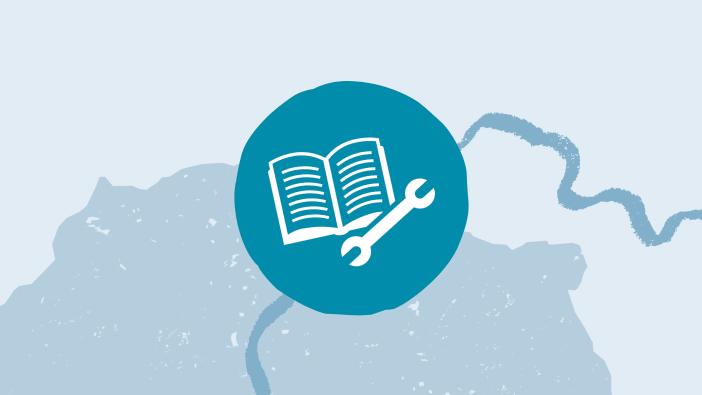by Dr Apolos B Landa.
In our societies, healthcare often becomes a commodity. The rich few can afford good healthcare while the vast majority of people do not have the means to pay – they have no access to healthcare as a basic human right. Is it possible to make healthcare more equal?
We at the Luke Society have been struggling with this goal for a while. We work both in the urban areas of Moyobamba, central Peru, and the nearby deprived jungle areas. We found no organisation able to support us financially in subsidising healthcare. However, moved by our convictions, we committed ourselves to providing good quality, personalised health services for the poor in our communities. To make it accessible, we not only fixed subsidised fees but also began a community and school health education programme, as well as promotional and preventative healthcare programmes.
Painful truths
After seven years, however, we were dismayed to discover that…
- The majority of poor people did not use our services.
- The poor did not appreciate a first-rate service offered at very low cost, believing low cost meant poor quality.
- The rich were able to take advantage of the situation. Though a minority in the community, they overused our services and got good healthcare at low cost.
- We needed increasing donations to sustain the programme and felt unhappy, even dishonest, when those donations ended up serving the rich.
- With little finance being raised through charges, we finally faced bankruptcy and break-up.
Facing the problems
Did we give up? NO! Over a long period we discussed and debated. We looked back at our experiences and implemented the following practices, in order to help the poor without subsidising the rich…
- We worked out the real costs of our services and raised our fees considerably.
- We set up a sliding fee system for the poor. This is worked out on a personal basis – the staff member dealing with a patient sets the price on the patient’s card. The rich pay the full cost.
- We set apart 10% of our total income for a poor relief fund. Through this fund we are able to help those who are unable to pay even the basic costs.
- We still apply for donations to supplement the needs of poorer patients, but we no longer depend on these.
- We had meetings with key leaders from the civil and religious communities, to explain how our new system would operate. Our motto was ‘Everything has a price, even our salvation.’ (Even though we ourselves do not pay for it, it is still of priceless value.)
- Community health workers, volunteers, religious leaders and their immediate families were given a type of insurance.
- We keep a register of all the fees paid, to avoid accusations of religious bias or tax evasion.
Positive outcomes
Now we are seeing the following results…
- The demand for health services has steadily increased. We maintained the attendance of the rich and we increased the number of poor patients as they became aware of the subsidy system.
- The rich grumbled about paying more but were satisfied because we offered high quality services.
- The poor became our best promoters and their increased numbers made up the surplus income. We had to start limiting appointments to allow space for patients from remote villages.
- An awareness that ‘what is expensive must be worth paying for’ spread without us making any effort. And we committed ourselves to live up to that!
- Our total income multiplied ten-fold, so we were able to pay our staff an appropriate salary and maintain our clinics to a high standard.
- We no longer have problems with other local medical services through under-cutting local clinics.
- Finally, most people are much happier and more fulfilled.
In this way we are able to be financially sustainable and, at the same time, to serve the poor. Like the covenant of grace where both rich and poor benefit from the Lord’s gift, by working together we can provide quality healthcare for all (Isaiah 65:17-24). Explaining the gospel is closely linked to all our health services and there are many opportunities to share the love of Christ.
Dr Apolos Landa is Latin American and Caribbean Co-ordinator for the Luke Society Inc, with wide experience of primary healthcare. His address is: Associación San Lucas, Apdo 421, Trujillo, Peru. E-mail: [email protected]









